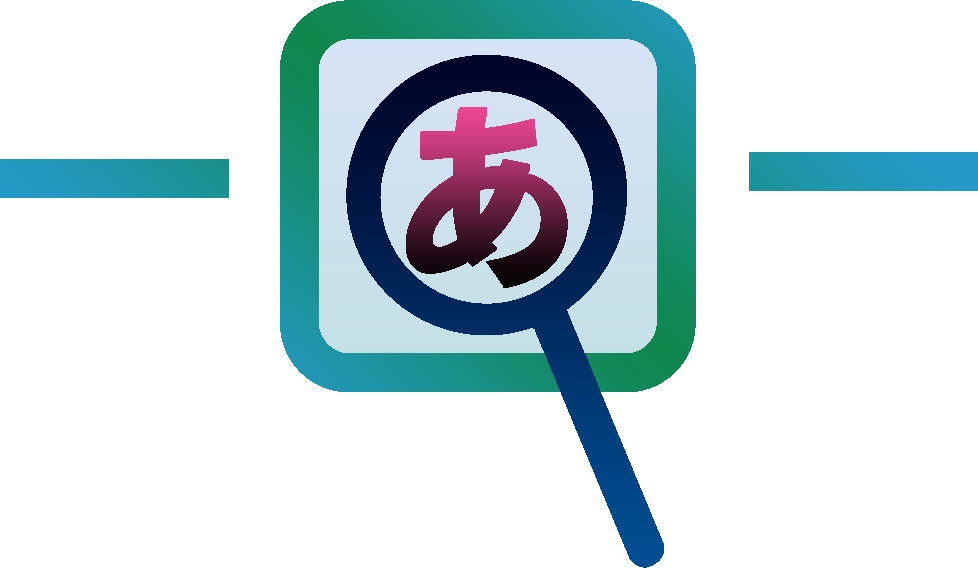部
Components
10105 results found using grammar には_では_とは
GRAMMAR MATCH
にほん
日本
ではおや
親
はとし
年
をとると、つうれい
通例
こども
子供
たちのせわ
世話
になる。
When parents get old in Japan, they are customarily looked after by their children.
にほん
日本
ではしょうがっこう
小学校
とちゅうがっこう
中学校
にかよ
通
うことはぎむ
義務
となっている。
In Japan, attendance at elementary and junior high school is compulsory.
にほん
日本
ではじょせい
女性
のこよう
雇用
きかい
機会
はだんせい
男性
よりもけっていてき
決定的
にひく
低
い。
In Japan, employment opportunities are significantly lower for women than they are for men.
にほん
日本
ではいえ
家
にはい
入
るときくつ
靴
をぬ
脱
ぐものとされています。
You are supposed to take off your shoes when entering a house in Japan.
にほん
日本
では8せいき
世紀
にはすで
既
にりっぱ
立派
なと
都
がつくられていました。
In Japan, a beautiful city was built as early as the eighth century.
にほん
日本
では、ほとんどのもの
物
やサービスに5%のしょうひ
消費
ぜい
税
がかけられる。
A 5% consumption tax is levied on most goods and services in Japan.
Kanshudo is your AI Japanese tutor, and your constant companion on the road to mastery of the Japanese language.
To get started learning Japanese, just follow the study recommendations on your Dashboard.
You can use Quick search (accessible using the icon at the top of every page) to look up any Japanese word, kanji or grammar point, as well as to find anything on Kanshudo quickly.
For an overview, take the tour.

